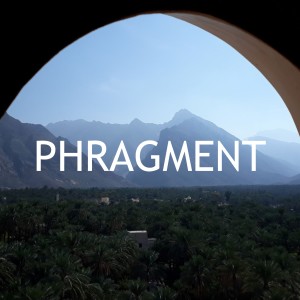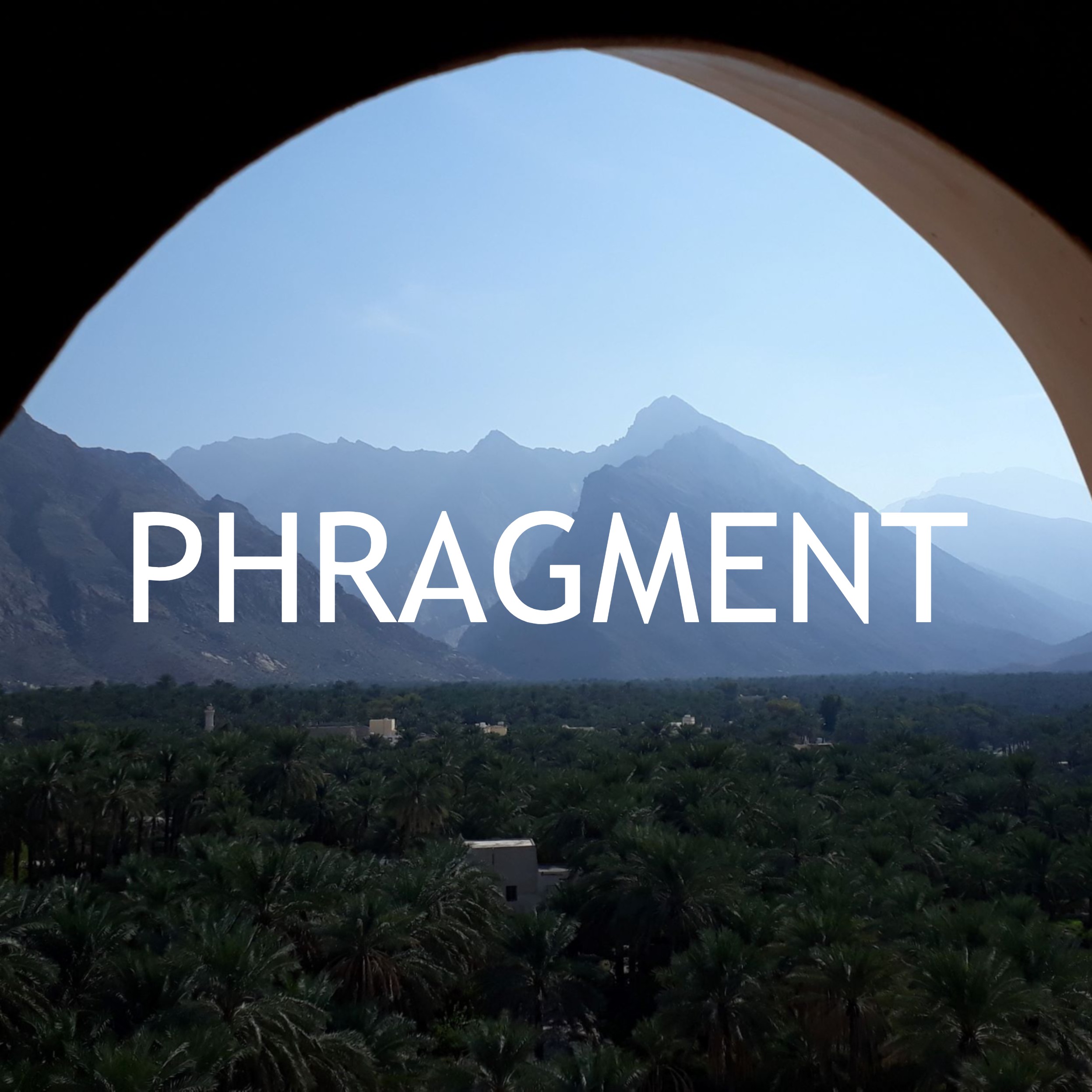
Episodes

Friday Feb 04, 2022
Ep.8: Ghazali’s Incoherence of the Philosophers, Discussion 17 (part 1)
Friday Feb 04, 2022
Friday Feb 04, 2022
In this episode, we dive into the 17th discussion of Abu Hamid al-Ghazali's Incoherence of the Philosophers. This is the chapter for which he has been accused by some of "destroying the Muslim mind." The central question is whether and how we can understand God acting on the world in general, and the possibility of miracles more specifically, in a way which is compatible with the notion of an orderly nature and / or the possibility of natural science.
This is the first part of a four part series on this subject, which will take a close look at Ghazali's arguments with the 'falasifa' as well as some of Ibn Rushd's key responses in his Incoherence of the Incoherence; explain some important elements of the philosophical context of the debate, and explore some its interesting implications and open questions.

Sunday Jan 02, 2022
Al-Ghazali: Introduction to the Incoherence
Sunday Jan 02, 2022
Sunday Jan 02, 2022
Al-Ghazali has been blamed for singlehandedly stunting the intellectual development of the Muslims. Recent scholarship has found this rather strong accusation to be a false one, and based in part on superficial understandings, not only of his influence but also his intentions in writing the Incoherence of the Philosophers. So what were his intentions in writing it, and how do they bear on the prospect of an intellectually developed Muslim? In this episode, I read and discuss Ghazali's own account of that, as he explains it in the book's introductions.

Saturday Dec 18, 2021
Divine Providence
Saturday Dec 18, 2021
Saturday Dec 18, 2021
Belief in Divine Providence in the most basic and literal sense, is just the belief that God provides. In the context of philosophy of history, it is typically understood as the notion that history itself somehow is, or manifests, the unfolding of God's 'plan.' In this episode we will discuss this concept as it developed in the Christian tradition, drawing mainly from the work of Etienne Gilson (The Spirit of Medieval Philosophy), and consider it in relation to both its Islamic and modern iterations.

Thursday Nov 18, 2021
Ibn Khaldun part 4: A whole new world
Thursday Nov 18, 2021
Thursday Nov 18, 2021
This is the last of a four part series on Ibn Khaldun (1332-1406), the African Arab intellectual widely considered to be the founder of sociology and the philosophy of history. We will be reading from the introduction of his Muqaddimah ("Prolegomena"), and discussing his insights on historical methodology, some epistemological problems they raise, and their continued relevance in contemporary life.
In part four, we examine Ibn Khaldun’s elaboration on why the historian must be aware of the significance of changes in cultural conditions over time, culminating in his statement that, when such changes occur, it is ‘as if the whole world changes.’ This leaves us, again, with the question of whether the scientific history Ibn Khaldun aspires to requires a vantage point immune to such change, and whether (and how) that is possible.

Thursday Nov 18, 2021
Ibn Khaldun part 3: History by the ‘yardstick of philosophy‘
Thursday Nov 18, 2021
Thursday Nov 18, 2021
This is the third of a four part series on Ibn Khaldun (1332-1406), the African Arab intellectual widely considered to be the founder of sociology and the philosophy of history. We will be reading from the introduction of his Muqaddimah ("Prolegomena"), and discussing his insights on historical methodology, some epistemological problems they raise, and their continued relevance in contemporary life.
In part three, we examine Ibn Khaldun’s assertion that history should be treated as a branch of philosophy, in the context of the ‘philosophy’ as understood by classical Islamic ‘falasifa’ such as al-Farabi. We discuss his critique of historians who do not apply the ‘yardstick of philosophy,’ and the prospect of distinguishing historical cultural conditions from unchanging principles of nature, knowledge of which he claims is required to understand history.

Thursday Nov 18, 2021
Ibn Khaldun part 2: History and the Nature of Civilization
Thursday Nov 18, 2021
Thursday Nov 18, 2021
This is the second of a four part series on Ibn Khaldun (1332-1406), the African Arab intellectual widely considered to be the founder of sociology and the philosophy of history. We will be reading from the introduction of his Muqaddimah ("Prolegomena"), and discussing his insights on historical methodology, some epistemological problems they raise, and their continued relevance in contemporary life.
In part two, we examine Ibn Khaldun’s assertion that scientific knowledge of the nature of civilization enables a critical investigation of history by which we can discern the true from false reports, and a potential problem raised by the question whether our ‘scientific’ knowledge itself ultimately depends on history.

Thursday Nov 18, 2021
Ibn Khaldun part 1: History and the problem of ‘fake news‘
Thursday Nov 18, 2021
Thursday Nov 18, 2021
This is the first of a four part series on Ibn Khaldun (1332-1406), the African Arab intellectual widely considered to be the founder of sociology and the philosophy of history. We will be reading from the introduction of his Muqaddimah ("Prolegomena"), and discussing his insights on historical methodology, some epistemological problems they raise, and their continued relevance in contemporary life.
In part one, we examine his discussion of the causes of inaccuracy and falsehood in historical accounts, including the partisanship of historians, uncritical reliance on transmitted reports, ignorance of the cultural and historical context in which reported events took place, and propaganda.

Wednesday Nov 03, 2021
Tying your camel‘s mask: Theology, Technology, Politics and the Pandemic
Wednesday Nov 03, 2021
Wednesday Nov 03, 2021
How is trust in God compatible with using natural science to guide our practical decisions? How is it compatible with upholding our ethical obligations toward others?
Is there always only one science and set of 'scientific facts,' or are there sometimes diverse yet genuinely scientific opinions?
Is the general public capable of judging between different scientific opinions on what to do in times of crisis?
If not, should we (if we could) strictly limit discussion of scientific disagreements to qualified experts, and present the general public with a single narrative, as if it were unanimously agreed upon as the only genuinely scientific viewpoint?
